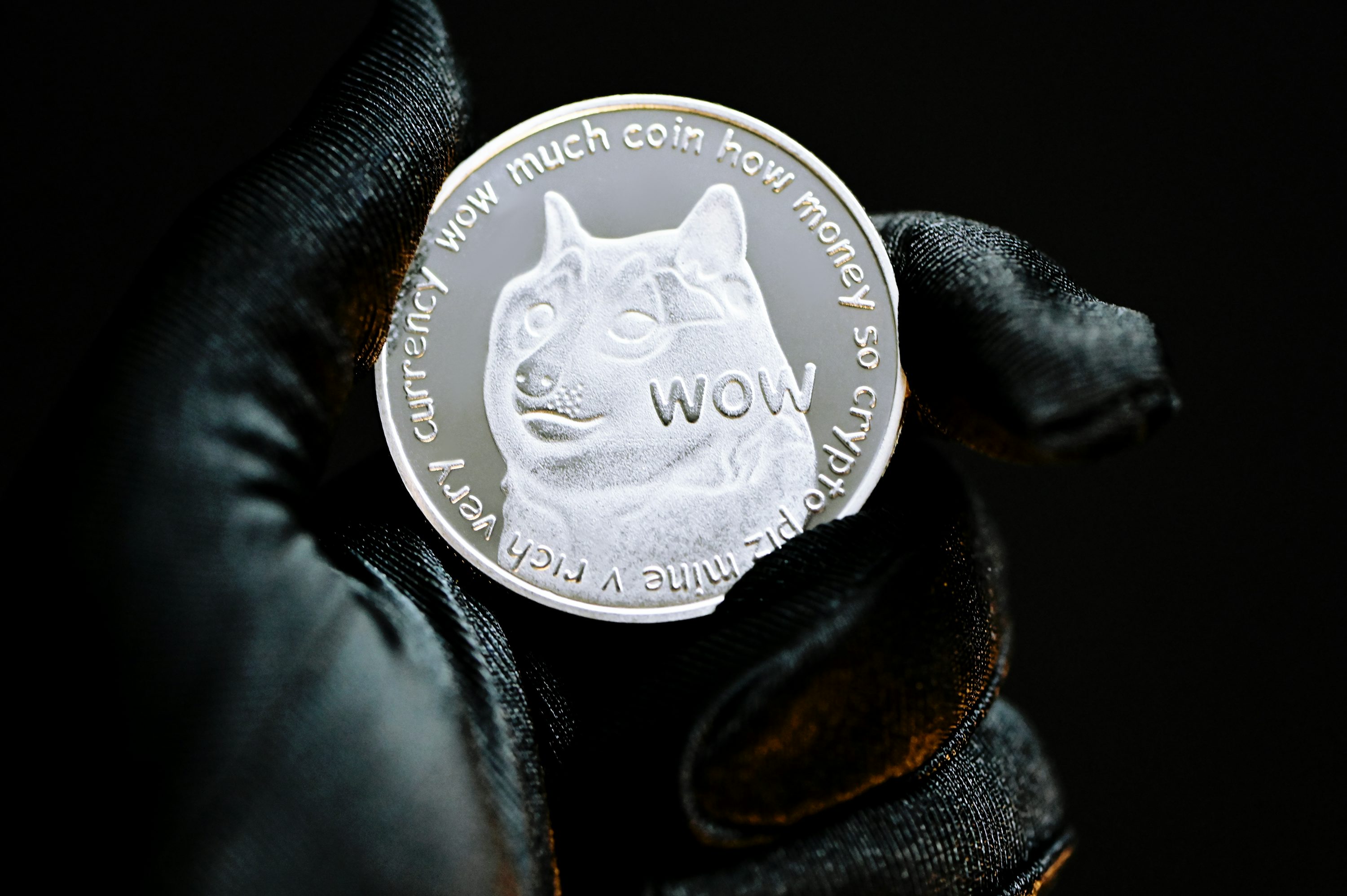- Authorities from Chengdu City, China, have revealed an underground bank ring, exposing illegal operations involving the prominent stablecoin Tether USDT.
- Despite China’s strict cryptocurrency bans, Hong Kong’s approval of Bitcoin ETF could be a pivoting point for China and the whole Asian region to once again embrace crypto.
Authorities from Chengdu City, China, have detained 193 suspects across 26 provinces linked to an underground bank ring, exposing illegal operations involving the prominent Stablecoin Tether USDT. The clampdown uncovered a 1.9 Billion scheme that promoted the exchange of digital assets dodging rigorous China regulations.
Reports from the Chinese authorities stated that the dark operation kicked off in early 2021 whose sole purpose was to smuggle medicine cosmetics or investors who had an eye to buy assets overseas.
Additionally, in coordination, the police froze $20 million (149 million yuan) connected to the illicit operation. The police were also able to fully destroy operations from 2 provinces namely Fujian and Hunan.
The stability and relatively anonymous Tether’s nature made it easy for the apprehended to swiftly conduct business under the government’s radar despite the country comprehensively banning cryptocurrency operations. This operation stresses the huge war between the government and its stern rules against crypto enthusiasts and investors who plot new ways to sidestep China’s laws.
Despite China’s government upholding rules against trading digital assets since back in 2017 when it implemented strict rules on ICOs, Chinese traders continue holding stablecoins and engaging in transactions overseas. According to a report by Kyros Ventures, China comes second to Vietnam as the world’s largest stablecoin holders. With 33.3%, China seconds Vietnam with 58.6% holding stablecoins.
This tenacity is proof enough of how high the demand is for digital assets either for conducting business or for wealth accumulation and preservation.
China’s traders’ ability to elude the stern rules can be rooted back to more than 5 years when China raised a ban on Bitcoin mining and other cryptocurrency activities.
At the time, China ranked the largest contributor to the Bitcoin network’s hash rate. Outstandingly, after a year of the ban, China surged to second position globally. This is an indication of how China still upholds secret mining activities.
Equally, the Asian country’s ban on centralized exchanges did not hinder the Chinese traders, rather they moved to decentralized exchanges. With this shift, it became harder for the government as decentralized exchanges offer peer-to-peer trading systems that are way harder to govern and control.
Additionally, with the help of Virtual private networks (VPNs), traders were able to remove their faces from the government’s surveillance by concealing their online activities.
China Eyes Bitcoin Spot ETFs
Interestingly, while China clinches its fist on cryptocurrency, a self-governing region, Hong Kong recently took a different path. In a new development by the Hong Kong Securities and Exchange Commission, Hong Kong was marked as the first Asian country to approve Bitcoin ETFs. The approval of ETFs could be a turning point not only for Hong Kong and China but the entire Asian region.
The continuing struggle by the Chinese government to enhance its ban is a substantial challenge to regulate digital assets. The government operation in China also stresses the growing urge by crypto traders in search of different monetary systems. With growing adoption, the government could have to lessen its harsh stance on crypto.
Credit: Source link















































